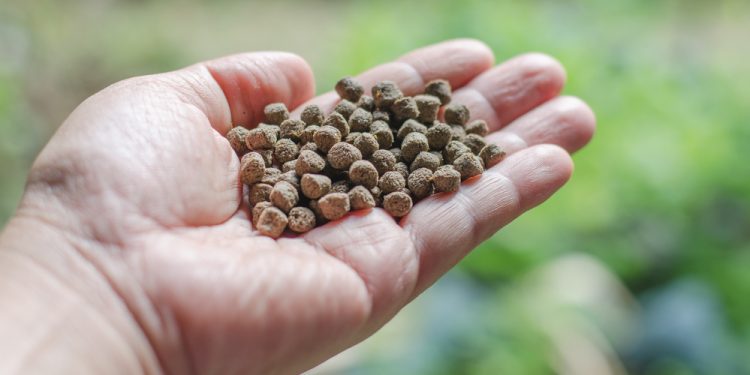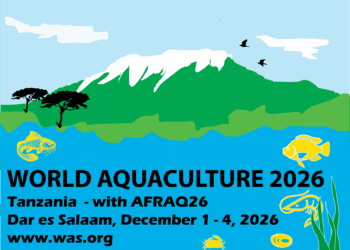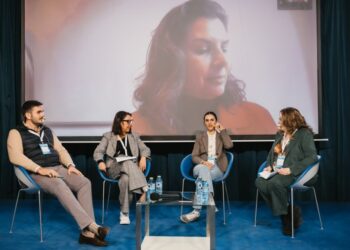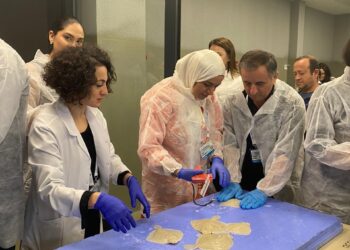Alternative nutrition in aquaculture requires a complementary approach – A recent study published in the prestigious journal Reviews in Fisheries Science and Aquaculture highlights the challenge of finding alternative protein sources to reduce the dependence of aquatic nutrition on marine ingredients. The research, led by Dr. Brett Glencross, Technical Director of IFFO, the International Marine Ingredients Organisation, together with a team of researchers, explores a wide range of protein sources currently used in aquaculture feeds.
Options examined include traditional marine ingredients, processed animal proteins from by-products of human food production, insect and worm meal, single-celled proteins such as those obtained from bacteria and microalgae, and various plant-based sources such as cereals, oilseeds and legumes. The latter account for the bulk of global aquatic feed production and are used in both raw and processed form.
Dr. Glencross points out that the analysis shows that each ingredient has specific advantages and disadvantages. By identifying synergies between different ingredients, it is possible to discover opportunities for complementarities that could optimise the use of available resources. For example, while soybean offers advantages in terms of availability and consistency of quality, it may not be palatable for many aquatic species. In contrast, fishmeal, although available in limited quantities, is highly palatable and can be effectively combined with soybean to exploit their mutual strengths.
The study’s main recommendations for the industry include optimising the management of existing resources to increase their productivity, greater emphasis on reuse and minimising waste, and exploring new resources that do not compete with human food production.
A crucial aspect highlighted by Glencross is the importance of recognising the strengths and weaknesses of each ingredient to improve the adaptability and sustainability of the industry in the long term. Although technological advances have improved the ability to work with a wider variety of ingredients, the research emphasises that there is still much work to be done to develop alternative protein sources that can contribute significantly to aquatic nutrition.
In conclusion, the path towards an aquaculture industry less dependent on marine ingredients is complex and requires a holistic approach that considers the integration of different protein sources. The aquatic feed industry faces the challenge of balancing sustainability, availability and nutritional needs in an ever-changing environment, but research such as that conducted by Dr Glencross and his team provides valuable directions for the future.
Alternative nutrition in aquaculture requires a complementary approach








